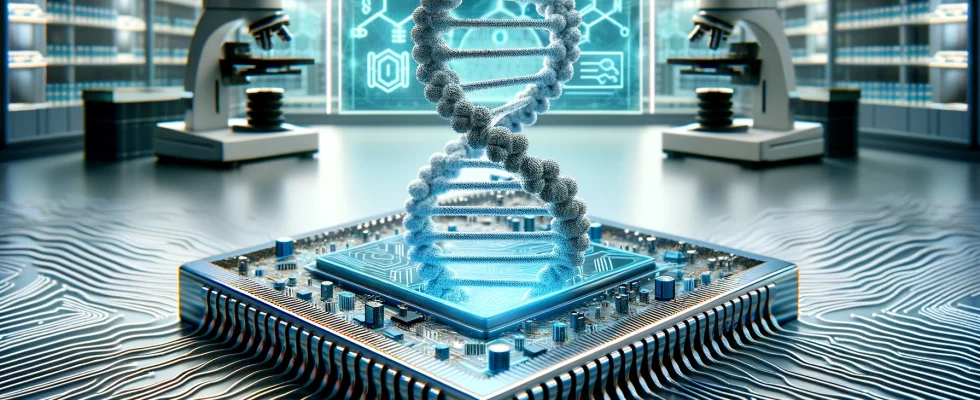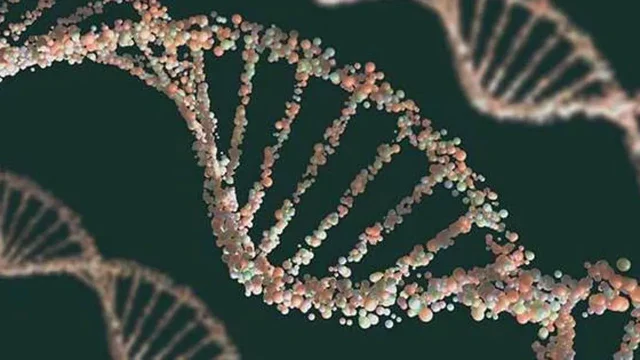Scientists have developed a new technology that can perform mathematical operations vital to the training of artificial intelligence (AI) and big data processing. biocomputer chip developed. This new biocomputer platform can perform basic calculations by storing data on modified DNA molecules and using microfluidic channels.
New DNA chip computer: Makes artificial intelligence more efficient
DNA is known as the blue line of life and encodes genetic information, just as data is encoded into electronic-based storage devices. DNA-based devices have previously been used to encode data on a small scale, but this prototype chip also uses DNA to process data.
Study author Amlan Ganguly, chair of the Department of Computer Engineering at Rochester Institute of Technology, notes that DNA is much better at storing data than electronic modes.
Researchers have examined how they can manipulate DNA at the molecular level. They simulated functions such as sequencing (reading data) and synthesizing (writing data) of DNA with computation.
Different calculations were made by cutting the coded data on the DNA at various points to represent the 1s and 0s of the binary system and using microfluidic channels. The researchers found that they could store and process data and perform basic calculations on the same chip.

Advantages of data processing with a DNA chip computer
DNA-based data processing can perform both operations with the same component, unlike the separate storage and computation components in traditional computers. DNA can store 1,000 times more data per unit volume compared to SSDs, increasing data processing efficiency.
Additionally, DNA processing offers “unprecedented parallelism,” capable of performing billions of operations simultaneously. Although this new device is not yet a proof-of-concept, the researchers hope to scale the device and one day use it to train AI systems.

